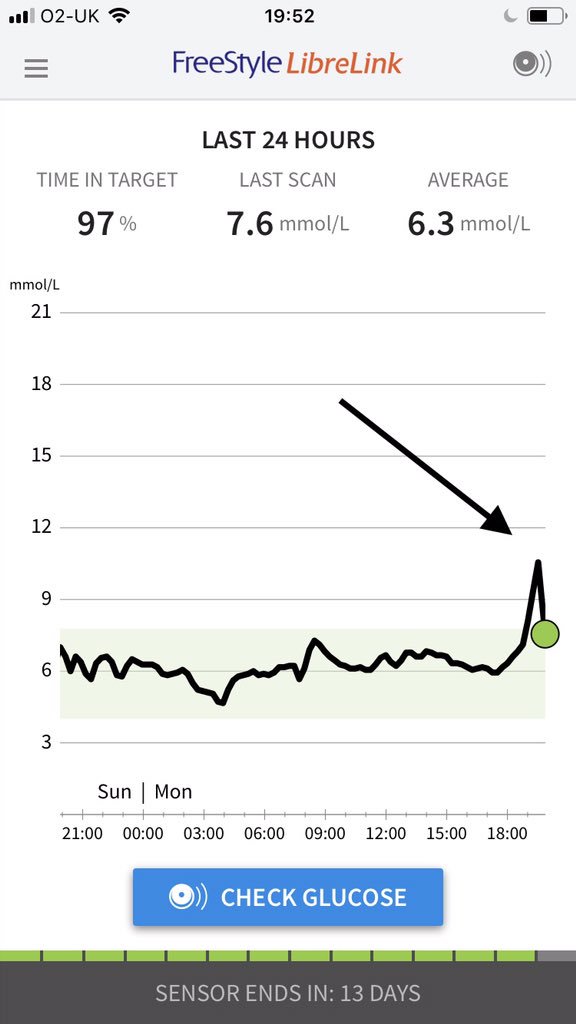I need encouragement that exercising is the right thing to do!
I normally have a morning peak between about 8am -10am (up to 9-10mmol) and then by 11am it’s back to around 6-7mmol, and stays there for the rest of the day (I don’t really have peaks with food, cos I eat <5g carbs per meal)
Today I went to the gym (quite intense) at 10:30am and then did housework and a long walk and the only result seems to be that my blood has stayed at >9mmol all morning. That can’t be good, can it? That would never have happened if I’d just been sitting down, I can guarantee. I thought the damage was done by being “high” for long periods of time?
Reassure me that I’m not doing more harm than good!
(Type 2, metformin, forxiga and Ozempic)


